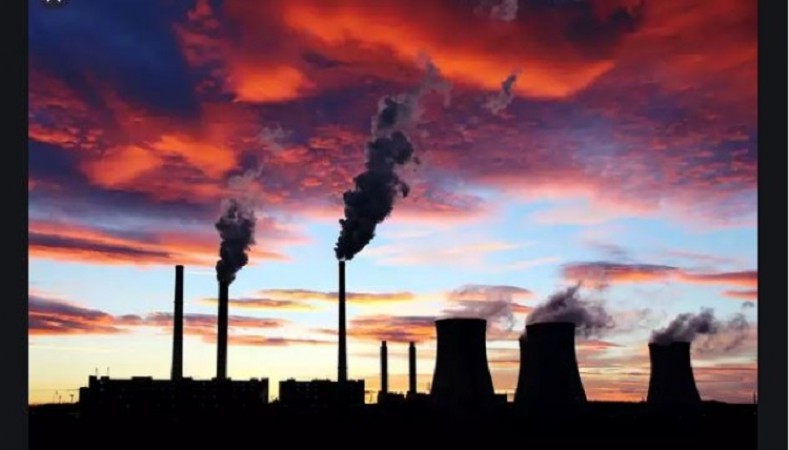
WELLINGTON: In a bid to tackle the climate change, the New Zealand government on Thursday delivered on a key election commitment by banning new low and medium temperature coal-fired boilers and joining with the private sector enterprises to help it transit away from fossil fuels.
Climate Change Minister James Shaw said with the announcement, the government has taken another necessary step on the road towards a low emissions economy for New Zealand.
This is the first major announcement to follow the release of the climate change commission's draft package of advice to the government in February,. The ban on new coal boilers used in manufacturing and production will come into effect by December 31.
Minister of Energy and Resources Megan Woods said, the commitment will make a real difference to New Zealand's emissions profile, and are a significant boost to our clean energy sector, helping us on our path to a cleaner, smarter economy. An option proposed is to also prohibit other new fossil fuel boilers where suitable alternative technology exists and it is economically viable.
The New Zealand government is also proposing to phase out existing coal boilers by 2037.
In addition, consideration is being given to how to phase out other fossil fuels in existing sites through re-consenting processes and best practice requirements in a national environment standard.
"The amount of coal displaced by these proposals equates to about 500,000 tonnes each year. Once the changes are fully in place it will mean the equivalent of between 400,000 to 550,000 cars being removed from our roads in a single year," Woods said.
G20 summit Ministers, Central Bank governors call for continued Covid spending
BioNTech-Pfizer vaccines: France starts packaging Pfizer-B’ in its plant
Saudi Arabia: A master plan for preserving and sustainably developing Saudi’s ancient AlUla